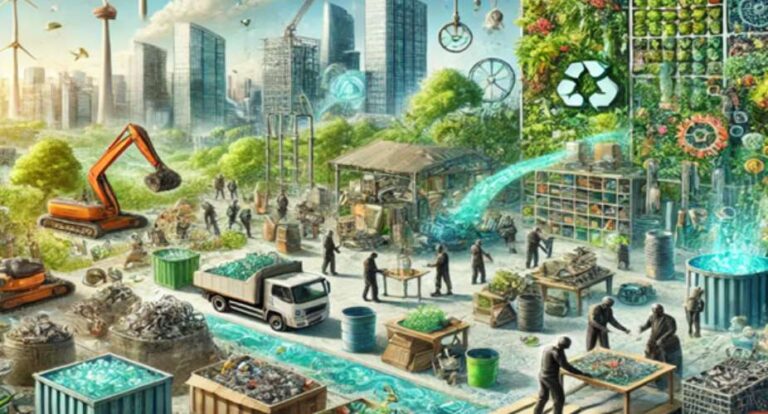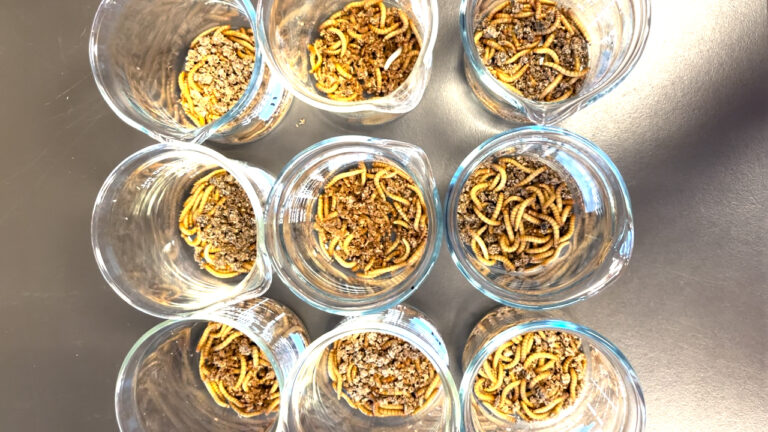From Waste to Wealth: Innovative Solutions for a Greener Planet
The global waste crisis presents an urgent challenge that demands innovative solutions to mitigate environmental degradation and unlock economic opportunities. The transformation of waste into wealth has emerged as a critical strategy for promoting environmental sustainability and fostering economic growth. By harnessing modern technologies and fostering community engagement, societies worldwide are turning waste into valuable…




